SUMMARY
This is AI generated summarization, which may have errors. For context, always refer to the full article.
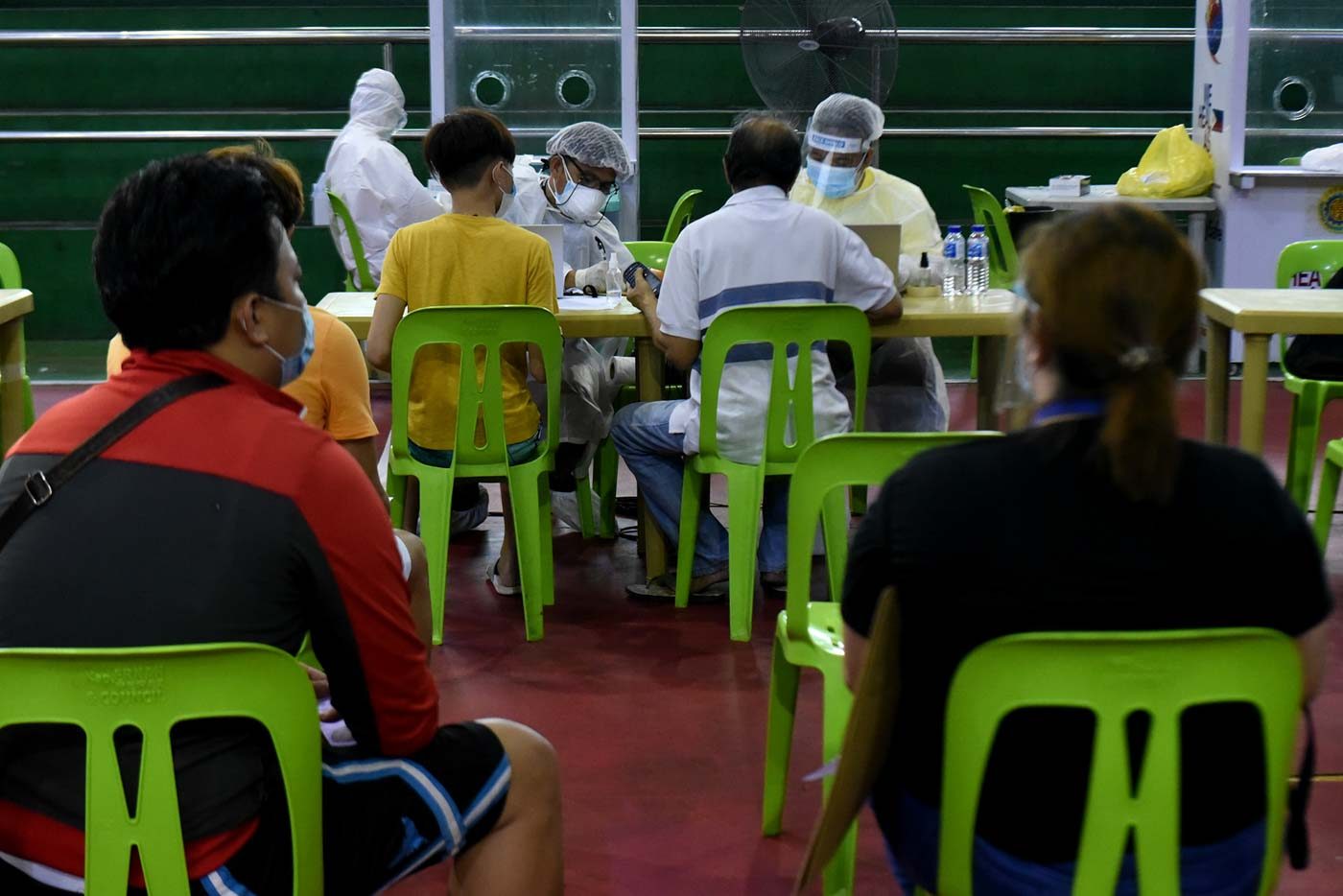
The Department of Health (DOH) said on Monday, August 24, that people who refuse to undergo swab tests for COVID-19 may face stiff fines or jail time.
In a press briefing on Monday morning, Health Undersecretary Maria Rosario Vergeire said this is covered by Republic Act (RA) No. 11332 or the Mandatory Reporting of Notifiable Diseases and Health Events of Public Health Concern Act, which prohibits non-cooperation of individuals.
“Ating aalahanin ano, kung ikaw ay magtatanggi mag-swab o hindi makipag-cooperate sa local health officials, hindi lang naman ikaw naapektuhan because this is an infectious disease. Puwede [kayong] makapanghawa ng inyong pamilya at buong community so kailangan sumunod,” Vergeire said.
(Let’s remember that if you refuse a swab test or do not cooperate with local health officials, you’re not the only one affected because this is an infectious disease. You can infect your family and the entire community.)
Under RA No. 11332, a violation may be punished with a fine of not less than P20,000 but not more than P50,000 or imprisonment of not less than a month but not more than 6 months.
Curbing coronavirus
As the coronavirus continues to spread, the DOH is using its Coordinated Operations to Defeat the Epidemic (CODE) strategy, which includes house-to-house checks in high-risk communities for residents with symptoms and people who may be exposed to COVID-19.
The strategy is similar to how the DOH conducts door-to-door immunization activities and community health campaigns. During house checks, health workers are tasked with isolating and swabbing people who are showing symptoms or may have been exposed to the disease.
Vergeire urged the public to cooperate with these efforts to help contain the spread of the virus.
“If you’ve been approached by the local government to get swabbed, it means you were identified to be exposed or you have symptoms,” she said.
Over 5 months into the pandemic, cases continue to climb across the Philippines, with almost 190,000 as of Sunday, August 23. Metro Manila, the epicenter of the coronavirus in the country, breached the 100,000-mark last Friday, August 21, in terms of total confirmed cases. – Rappler.com
Add a comment
How does this make you feel?
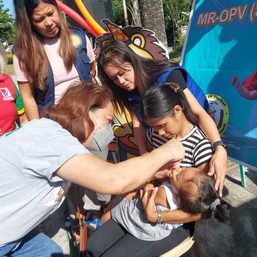
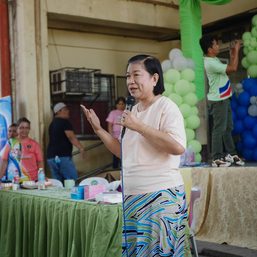
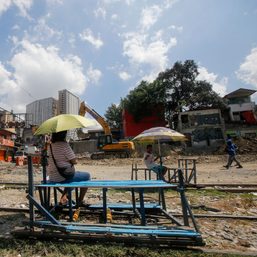
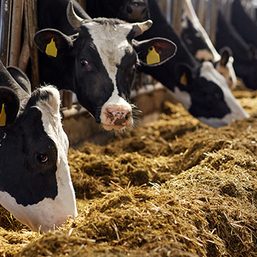
![[OPINION] Beyond infrastructure: Ensuring healthcare access for the poor](https://www.rappler.com/tachyon/2024/03/tl-healthcare-access-03402024.jpg?resize=257%2C257&crop_strategy=attention)
There are no comments yet. Add your comment to start the conversation.